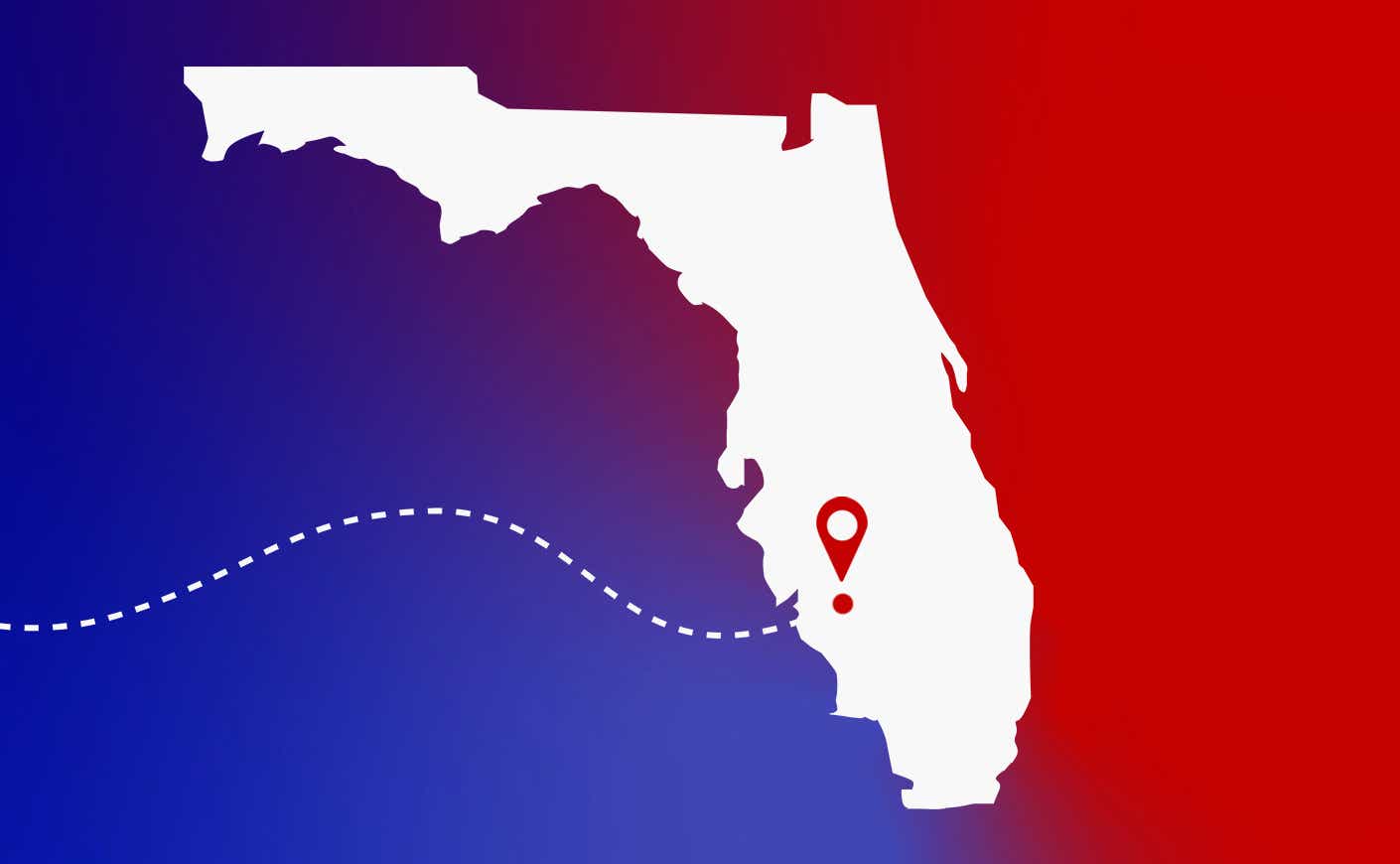A slew of new GOP-led laws on everything from election laws to LGBTQ rights have gone into effect, and Florida’s upcoming primary election will put some of those issues to the test.
On Tuesday, Democratic voters in Florida will head to the polls to decide who will take on two prominent Republicans in November. Hopefuls Rep. Charlie Crist and Florida Agriculture Commissioner Nikki Fried will battle it out to see who goes against Gov. Ron DeSantis. Meanwhile, Democratic Rep. Val Demings, immigration attorney William Sanchez, clean-energy entrepreneur Ricardo De La Fuente, and former state Rep. Brian Rush will all be jockeying to go head to head with Sen. Marco Rubio.
But do these Democratic challengers actually stand a chance in a state that was carried by former President Trump in both 2016 and 2020? While it’s impossible to read the tea leaves on these races, it’s clear that both Crist and Fried would face an uphill battle against DeSantis, who is already being floated as a strong 2024 presidential candidate. Demings, on the other hand, is already looking like a formidable opponent next to Rubio if she’s able to beat out her fellow Democratic opponents. The Orlando congresswoman already boasts an astounding $47.8 million in donations, and according to The New York Times, polls are already showing her potential matchup against Rubio to be a close one.
Here’s a preview of some of the key issues at stake as we look towards Tuesday’s primary and beyond.
Election laws
Florida will become the first state to gauge public sentiment on GOP election laws. This includes a new law imposing voting restrictions that a federal judge once said were designed to “discriminate against Black voters.” Last year, the GOP-led state legislature passed Senate Bill 90, requiring people to submit vote-by-mail requests more often. It also bans "line warming" activities, like giving food or water to voters waiting in line, and sets new limits on drop boxes (such as where they can be placed and a requirement that they remain under supervision by election officials).
But that’s not the only change that will be put to the test: Legislators recently passed Senate Bill 524, which set up a new election crimes unit to investigate any potential voting irregularities. It has already launched its first case. Last Thursday, Republican Gov. Ron DeSantis announced that this new police force — dubbed the Office of Election Crimes and Security — charged 20 people, including some people with felony convictions, with voting illegally in 2020. But some of those charged have since spoken out, telling Tampa Bay Times and the Miami Herald that they wouldn't have cast their ballots if they knew their convictions had disqualified them from voting. (In 2018, Florida voters passed an amendment that allowed for most people with felony convictions — barring severe ones such as murder or sexual assault — to get their voting rights restored.)
Abortion rights
As seen in Kansas, reproductive rights have been a driving issue in primaries across the country following the reversal of Roe v. Wade — and this is especially true in Florida, which has the third-highest abortion rate nationally.
In June, the state reinstated its 15-week ban on the procedure following an appeal from the state attorney general in a lawsuit challenging the restriction. Alongside other GOP-led states like Texas, Florida has some of the most stringent abortion laws in the nation. Just last week, a Florida court ruled that a parentless 16-year-old girl seeking to terminate her pregnancy wasn’t “sufficiently mature" to make that decision.
But what makes the issue particularly noteworthy in Florida is that it has come under some debate in Tuesday’s Democratic primary. Crist, a former Republican, identifies as “pro-life,” but has vowed to protect reproductive rights in Congress, and says he would even sign an executive order to protect them. Fried, however, has accused him of planning to uphold the state’s current abortion laws.
LGBTQ rights
Finally, the state has garnered widespread criticism for its recent laws impacting students who identify as lesbian, gay, bisexual, or transgender. Dubbed the Don’t Say Gay” bill by critics, HB 1557 bans classroom instruction on sexual orientation and gender identity for kindergarten through third grade.
Even though the new law just went into effect, it’s already causing some confusion as students return to the classroom from summer break. Educators say that the Department of Education hasn’t given any clarity on how it will be enforced. As a result, some Florida schools have preemptively moved library books, including several that have LGBTQ students or themes.
“The messaging of this law is horrible. It’s toxic, it’s discriminatory,” local high school teacher Gretchen Robinson told PBS. “It targets, very obviously, LGBTQ students, it ‘others’ them, and that is not OK.”
This debate is seen as reflective of ongoing fights happening in school boards and state legislatures nationwide. Republicans like DeSantis have argued that parents need to have more say in what their kids should and shouldn’t be taught, but only time will tell whether this will gain traction among parents themselves.









